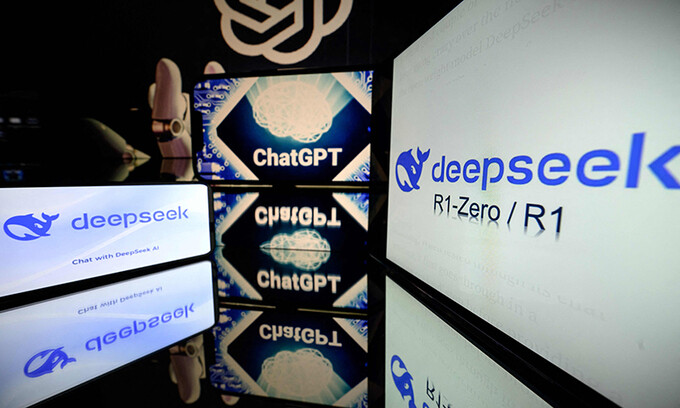
DeepSeek, a Chinese startup, has made waves in the AI industry with its new inference model, R1. However, the model's release has been met with both excitement and concern. Some experts have praised R1's performance, while others have raised concerns about potential copyright infringement and security vulnerabilities.
Allegations of Data Misuse
OpenAI and Microsoft are reportedly investigating whether DeepSeek used OpenAI's data to train R1. The investigation was prompted by suspicions that DeepSeek may have used a technique called "distillation" to train its model. Distillation involves using data from a large AI model to train a smaller one.
While distillation is a common practice in the AI industry, OpenAI's terms of service prohibit the use of its services to develop competing models. If DeepSeek is found to have violated these terms, it could face legal action from OpenAI.
Security Concerns
In addition to the copyright concerns, there are also concerns about the security of R1. The US Navy recently sent an email to its personnel warning them not to use DeepSeek's AI in any way. The Navy cited "security and ethical concerns" related to the model's origins and use.
Some experts have also raised concerns about the data that R1 collects. According to reports, R1 collects a wide range of user data, including keyboard input patterns, IP addresses, and device IDs. This data could potentially be used to track users or even to steal sensitive information.
Censorship Concerns
Finally, there are concerns about censorship. R1 has been shown to avoid answering questions on certain topics, such as the Tiananmen Square massacre and the sovereignty of Taiwan. This has led some to believe that the model may be subject to censorship by the Chinese government.
Conclusion
DeepSeek's R1 is a powerful new AI model that has the potential to revolutionize the way we interact with technology. However, the concerns raised about copyright infringement, security vulnerabilities, and censorship cannot be ignored. It remains to be seen how these issues will be resolved.
[Copyright (c) Global Economic Times. All Rights Reserved.]






























